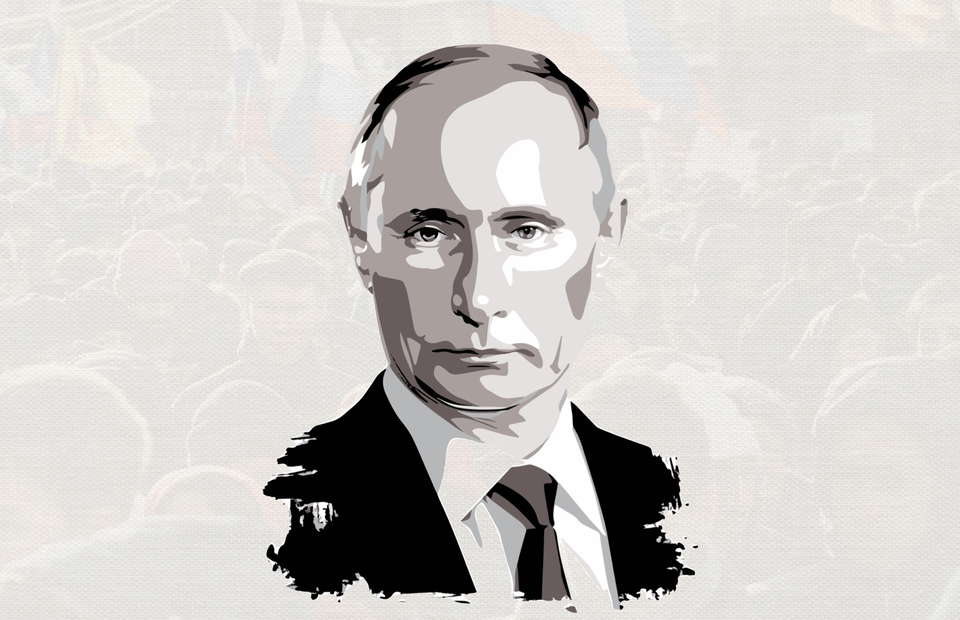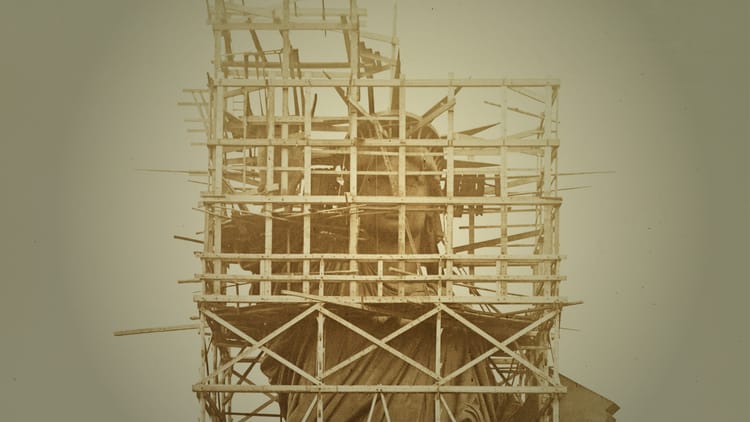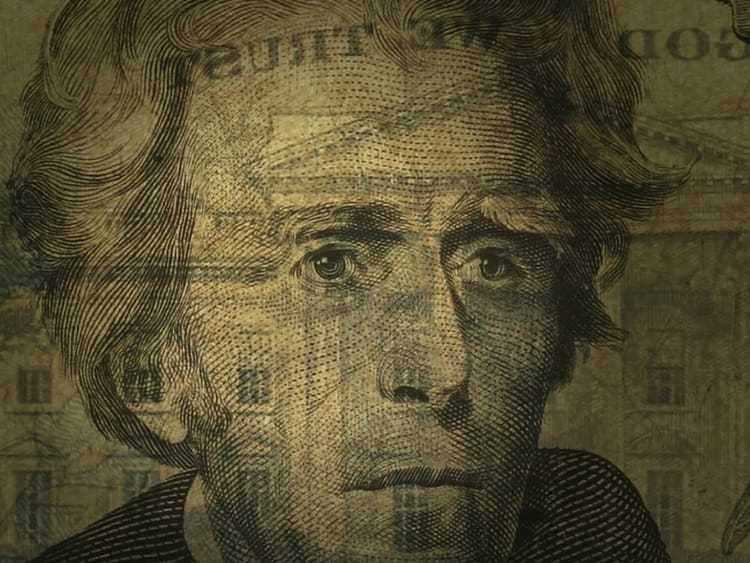Everything is under control

As soon as parliamentary election results in Russia were announced on September 20, opposition parties, independent observers, and Western countries decried blatant ballot-stuffing to favor President Vladimir Putin’s party, United Russia. Election authorities credited the party with about 50 percent of the national vote, despite preliminary results and pre-election polling projecting a far lower tally. The distribution of votes will allow United Russia to maintain a constitutional majority in the Duma, Russia’s legislature. Protests against the vote-rigging were nearly nonexistent, as the only party to organize a demonstration defending free and fair elections was, in a historical irony, the Communist Party. And despite criticism of the tainted vote from the United States and the European Union, democratic countries are sparing Putin any repercussions from stealing the election. Why isn’t Vladimir Putin facing any international consequences—or even any significant opposition in Russia—for falsifying election results?
Garry Kasparov is a Russian chess grandmaster and former world chess champion, a longtime Putin critic who fled Russia in 2013, and the chairman of the Human Rights Foundation. Kasparov says Putin’s power in Russia is almost untouchable, regardless of the level of public support he might have. He controls an enormous financial arsenal, including the country’s entire budget, filled with revenue from gas and oil exports, and he has the obedience of the country’s oligarchs. Western European democracies shy away from confronting Putin, Kasparov says, because they depend on Russia for natural gas, a dependence reinforced by the recently completed Nord Stream 2 pipelines, which will transport gas directly from Russia to Germany under the Baltic Sea. As Kasparov sees it, the United States is in a phase of retreating from global engagement, which leaves autocrats like Putin secure …
Michael Bluhm: What happened in the elections?
Garry Kasparov: When you use the word elections in Russia, you have to put it in quotation marks, because it’s not elections. It’s a charade. It’s a decoration.
Fifteen years ago, the organization I founded there—the United Civil Front—declared that the regime would never change through the ballot. People pointed at us and said, Radicals! They want revolution. We were pragmatists. We knew that, once KGB, always KGB.





